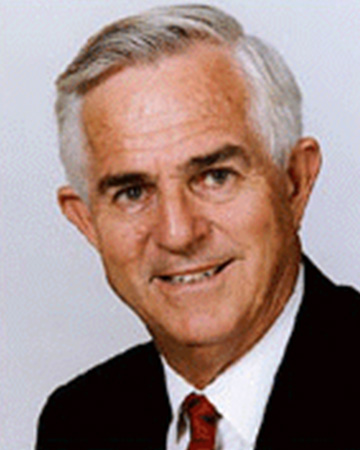Video lottery terminals to be introduced in licensed premises
15/12/95
The State Government has agreed to the introduction of Video Lottery Terminals to provide an electronic system for running the continuous lotteries for charitable and sporting organisations which are now conducted manually in licensed premises throughout the State.
Racing and Gaming Minister Max Evans said that permits for the video lotteries would be granted only to charitable and sporting organisations, but they could be located on any licensed premises.
Licensees would not be permitted to operate machines for their own business purposes.
There would be a maximum of five terminals allowed on any premises.
The maximum prize that could be offered would be $500, and the maximum price of tickets would be 50c. There would be no jackpotting of prizes.
The distribution of funds would be a minimum of 70 per cent to prizes, six per cent to the Government, a minimum of 10 per cent to the charity or sporting body which held the permit, and the balance to be divided between the supplier of the machine and the venue in which it was located.
Mr Evans said the video lottery terminal (VLT) was not a new form of gambling but an electronic representation of the hand-held tickets currently sold in continuing lotteries in many sporting clubs and licensed premises.
The machines would not pay out cash prizes, but would issue tickets which players would need to cash at the bar.
Over the years, the Gaming Commission had identified a number of deficiencies in revenue relating to continuing lotteries using hand-held tickets.
It was believed that the video terminals would prevent such deficiencies and ensure that all proceeds were distributed according to the regulations.
For each series of 5,000 tickets, there would be revenue of $2,500. Prizes would take $1,750, with the number and size of prizes to be determined by the permit holder but with no prize bigger than $500. The Government would receive $150, the charity or sporting body $250, and the supplier and the venue would share $350.
If the charity or sporting body which held the permit placed the machine on its own premises and/or bought the machine, it would receive additional funds up to $600.
The machines were expected to cost about $7,000.
Mr Evans said that the new regulations would be gazetted today (December 15) and because of the time needed to validate the machines they would not be operating in approved premises until about the middle of 1996.
Media contact: Hugh Ryan 221 5468



